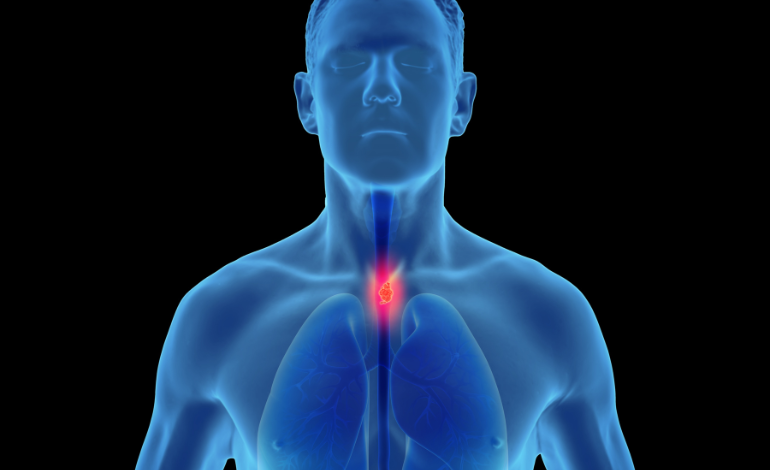Patients With Sjogren Syndrome and their treatment

Sjogren syndrome (SS) is an autoimmune inflammatory disease affecting the salivary and lacrimal glands. The classic symptoms are dry eyes and mouth (dryness symptoms).
The exact cause of Sjogren’s syndrome is unknown and there is currently no cure. Cellular and humoral resistance come into play and there are two types of Sjogren’s syndrome. Primary Sjogren’s Syndrome occurs when a person has only one autoimmune disease, and Secondary Sjogren Syndromeo ccurs when a patient has a combination of other autoimmune diseases.
Symptoms
The main symptoms are dry eyes and dry mouth. In addition to these two symptoms, joint pain, skin rash, swollen salivary glands and persistent fatigue can occur.The clinical spectrum of SS is broad. One patient with SS may experience only mild symptoms, while another may experience symptoms of dryness along with significant joint pain and fatigue. Individuals with SS can also have severe systemic symptoms, including vasculitis, interstitial lung disease, glomerulonephritis, arthritis, and lupus.
There can also be significant neurological dysfunction.
Treatment Approaches
1)Caries prevention: Patients with dry mouth have an increased risk of caries. They should be aware of the role of sugar in the tooth decay process and and regular brushing technique.
2)Management of Oral Comfort: Patients with SS need to maximize the amount of saliva in the mouth. To avoid evaporating saliva, patients should try to breathe through their nose and keep their mouth closed as much as possible. Most SS patients have residual salivary function. The goal is also to maximize the function of the saliva produced by preventing it from evaporating when breathing through the mouth and ensuring the liquid is used effectively by shaking it on the dry spots before swallowing .
3)Oral Thrush treatment: Oral yeast infection is the most common soft tissue problem in people with SS. Patients usually complain of a burning sensation on the tongue and in certain areas of the oral mucosa. The location of the sensation visually correlates with mucosal erythema.
Oral healthcare providers are well placed to recognize and treat oral complications associated with SS. Improving oral comfort in this patient population involves educating patients about the causes of dry mouth and testing different strategies to manage dry mouth on a daily basis. Some patients may find relief by drinking water throughout the day, while others prefer saliva medication.








